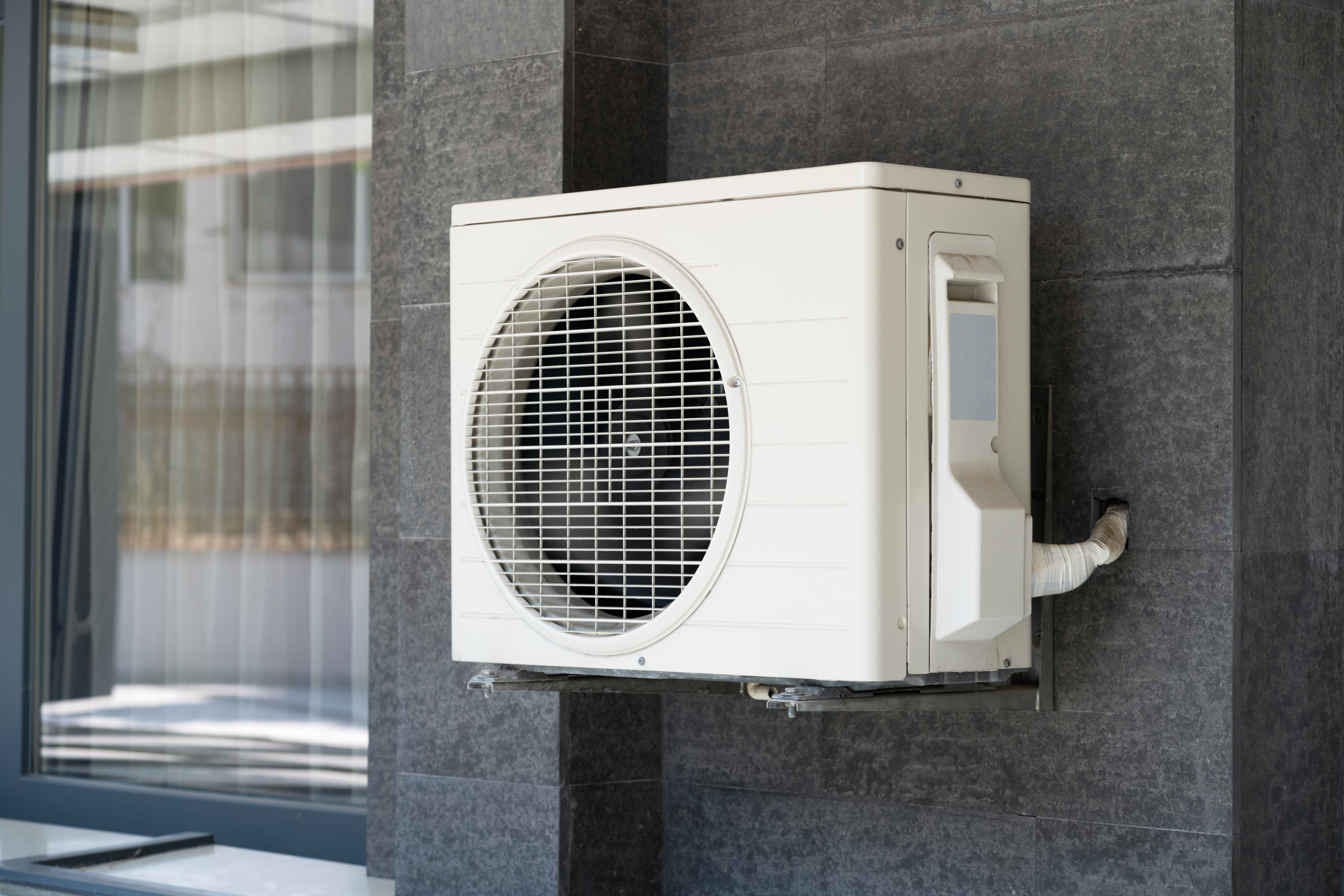The Charlotte, NC region experiences mild winters with occasional cold snaps. This kind of climate is ideal for heat pumps, a centralized HVAC system engineered to both heat and cool your home. When combined with proper insulation and weather stripping, heat pumps are highly efficient and cost-effective as long as temperatures do not dip below freezing points for extended periods.
Heat pumps are fairly complex systems requiring periodic maintenance and occasional repairs. These should always be performed by professionals who hold the corresponding HVAC and electrical licenses. Let’s take a look at why you should only let professionals take care of your heat pump.
How Your Heat Pump Works
When your heat pump works optimally, it can make your home cozy in the winter and cool and dry in the summer. Heat pumps follow the laws of thermodynamics and work by transferring heat. This makes them much more energy efficient than furnaces because they don’t generate heat.
In the winter, the outside unit of the heat pump system acts like a giant heat magnet. This is accomplished by using refrigerant to absorb thermal energy from the air, which is always there even when temperatures drop as low as 40°F. The captured heat gets pumped to the indoor unit via refrigerant. A compressor increases the pressure and temperature with the assistance of coils. The inside fan helps release the heat and send warm air through the ducts.
Heat pumps flip their own script when the temperature rises. The indoor unit becomes the heat magnet and transfers the heat outside. The refrigerant pulls the heat from the indoor air and transfers it outside. These systems feature various refrigerant lines, valves, electrical motors, circuits, filters, mounts, ducts, and more.
DIY Disasters vs. Professional Heat Pump Repairs
In all the years Putnam Mechanical has been servicing heat pumps in Charlotte, our technicians have seen their fair share of disasters caused by homeowners attempting to fix issues on their own. In the best-case scenario, the DIY attempt did not cause major damage. Still, some issues involving creative and questionable repairs end up making things worse.
Duct tape applied over leaking lines is a typical example of a DIY heat pump repair that can backfire. The status of duct tape as an American fix-it-all is partly to blame. It can be somewhat effective in plugging leaks, but it won’t fix the actual problem. If the lines are springing leaks because of incorrect pressure, chances are that the duct tape fix will boost pressure elsewhere, thus causing leaks elsewhere.
Other DIY disasters that Putnam Mechanical technicians have observed involve homeowners who are familiar with automotive repairs. We have seen attempts to replace refrigerant lines without being mindful of the pressurized gas. There’s also the haphazard replacement of worn-out gaskets; if you do this without achieving a firm seal, the resulting refrigerant leak can not only cause further damage but also create an environmental hazard. We’ve also seen wiring from the indoor unit damaged by being sucked into a powerful shop vac that homeowners used to clean the ducts.
Why Heat Pumps Demand Professional Maintenance and Repairs
Compared to furnaces, swamp coolers, and ductless mini-split systems, heat pumps are far more efficient, but they are also more complex. Think about the delicate balance of heating and cooling that heat pumps provide. These comforts rely on intricate refrigerant cycles and sensitive electrical components.
Heat pumps are not meant to be tinkered with. The risks posed by DIY repairs include refrigerant leaks, electrical hazards, and costly system damage. You should only get your heat pump serviced and repaired by professionals. Let’s put it this way: The average lifetime of a heat pump in Charlotte is between 15 to 20 years if given proper maintenance. This includes replacing the air filters every two to three months or sooner. Beyond that, annual maintenance can address compressor issues, excessive condensation, faulty sensors, or refrigerant leaks. It’s important to note that having professional maintenance and repairs will help protect any warranties your heat pump has.
When was the last time your heat pump was serviced? To learn more about the kind of heat pump maintenance and heat pump repairs needed to keep your system in good condition, please get in touch with Putnam Mechanical today.
